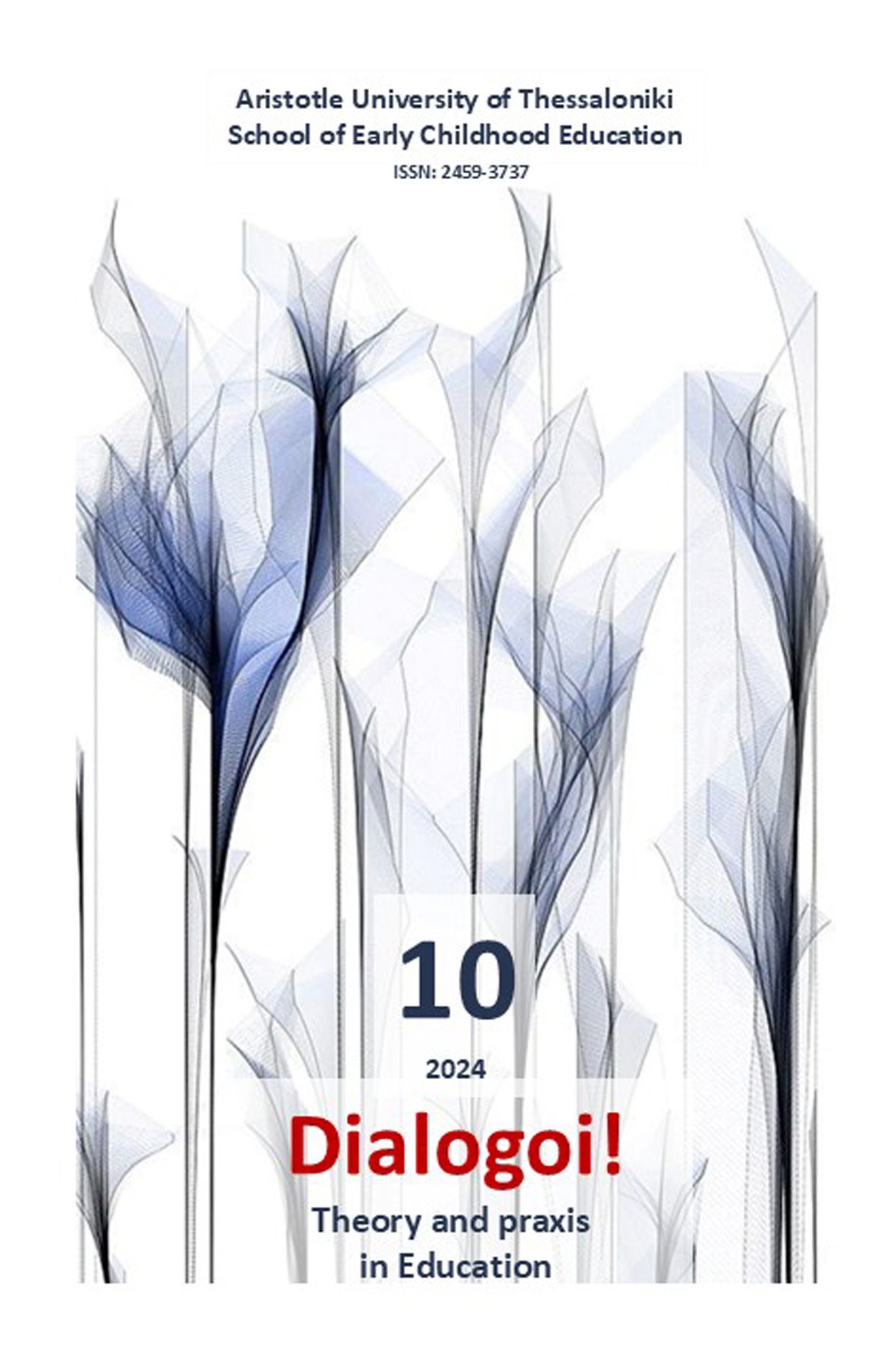The implementation and qualitative evaluation of a program in art to improve teachers' emotional regulation

Abstract
Teachers' emotions are related to a variety of important teaching outcomes. Artistic creative activities offer a dynamic that pushes participants to work holistically by awakening the body, senses, emotion and mind in order to understand their emotions and manage them. The purpose of this research was the qualitative evaluation of a training program in various forms of Art, which was designed and implemented in order to strengthen the ability of emotional regulation of teachers. Eleven primary school teachers took part in the research. The qualitative evaluation of the educational program in Art by the participants was done at the end of its implementation and aimed to check the social validity of the program. The research tool used was an Improvised Program Satisfaction Questionnaire. The results showed that the goals and process of the program received high social acceptance from the participants, while the significance of the results was slightly lower.
Article Details
- How to Cite
-
Ioannoglou, K. (2024). The implementation and qualitative evaluation of a program in art to improve teachers’ emotional regulation. Dialogoi! Theory and Praxis in Education, 10, 238–261. https://doi.org/10.12681/dial.36790
- Issue
- Vol. 10 (2024)
- Section
- Presentations of Innovative Programs

This work is licensed under a Creative Commons Attribution-NonCommercial-ShareAlike 4.0 International License.
Authors who publish with this journal agree to the following terms:
- Authors retain copyright and grant the journal right of first publication with the work simultaneously licensed under a Creative Commons Attribution Non-Commercial License that allows others to share the work with an acknowledgement of the work's authorship and initial publication in this journal.
- Authors are able to enter into separate, additional contractual arrangements for the non-exclusive distribution of the journal's published version of the work (e.g. post it to an institutional repository or publish it in a book), with an acknowledgement of its initial publication in this journal.
- Authors are permitted and encouraged to post their work online (preferably in institutional repositories or on their website) prior to and during the submission process, as it can lead to productive exchanges, as well as earlier and greater citation of published work (See The Effect of Open Access).


